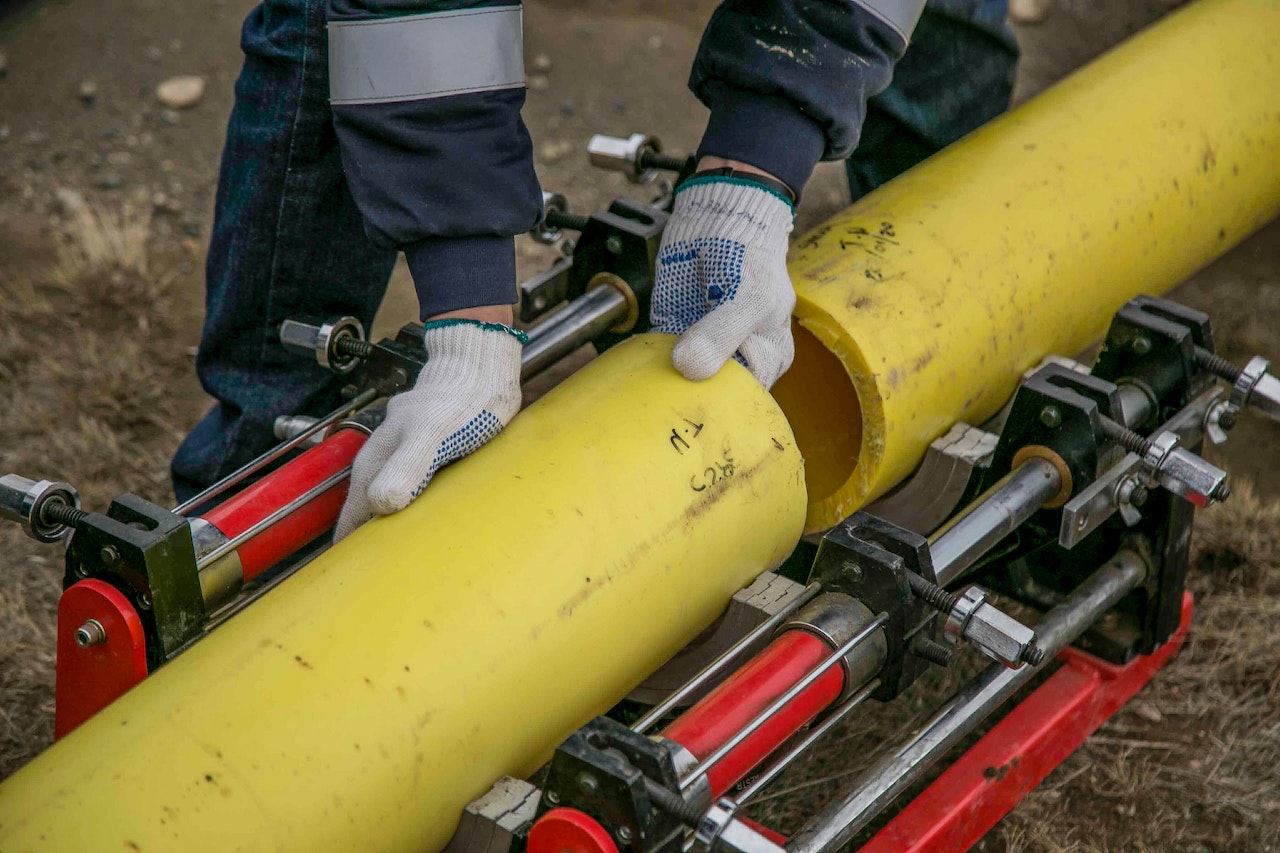Plumbing is often an underappreciated aspect of our homes until something goes wrong. From leaky faucets to clogged drains, plumbing issues can disrupt our daily lives and cause significant inconvenience. However, with a little knowledge and some handy tips and tricks, you can maintain a well-functioning plumbing system and minimize the likelihood of problems arising. In this article, we will explore the art of plumbing and share essential tips to keep your home’s plumbing in top shape.
1. Regular Maintenance is Key
Just like any other system in your home, your plumbing requires regular maintenance. Schedule routine checks to inspect for any leaks, loose connections, or signs of corrosion. Check the water pressure periodically to ensure it remains within the recommended range. Additionally, flushing your water heater annually can help prevent sediment buildup and extend its lifespan. By staying proactive, you can catch minor issues before they escalate into major problems.
2. Be Mindful of What Goes Down the Drain
One of the most common causes of plumbing issues is the improper disposal of waste. Avoid pouring grease, oils, coffee grounds, or large food scraps down the drain, as they can cause clogs and blockages. Use drain catchers or screens to prevent hair, soap residue, and debris from entering your pipes. Educate your family members about what should and should not be flushed down the toilet. By being mindful of what goes down the drain, you can significantly reduce the risk of clogs and backups.
3. Don’t Ignore Leaks
Even a small, seemingly insignificant leak can lead to significant water wastage and damage over time. If you notice a leaky faucet, a dripping pipe, or moisture accumulation in your cabinets or walls, don’t ignore it. Promptly address leaks by repairing or replacing faulty components. Ignoring leaks can not only increase your water bill but also result in water damage and mold growth. Act swiftly to prevent further complications and preserve water resources.
4. Know Your Main Water Valve
In case of a plumbing emergency, it is crucial to know the location of your main water valve. Familiarize yourself with its operation, and ensure that it is easily accessible. If a pipe bursts or there is a major leak, shutting off the main water supply can help minimize damage until professional help arrives. Taking a few minutes to locate and mark the valve can save you valuable time and prevent costly repairs.
5. Insulate Exposed Pipes
During colder months, insulating exposed pipes can prevent them from freezing and bursting. Pipes located in unheated areas such as basements, crawl spaces, or attics are particularly vulnerable. Use pipe insulation sleeves or wrap them with heat tape to provide a protective barrier against freezing temperatures. Taking this precautionary measure can save you from the hassle and expense of dealing with burst pipes.
6. Educate Yourself and Seek Professional Help When Needed
While it’s essential to be knowledgeable about basic plumbing maintenance, it’s equally important to know your limits. Understand when a plumbing issue requires professional expertise and don’t hesitate to call a licensed plumber when needed. Attempting complex repairs without adequate knowledge can lead to more damage and potentially compromise your safety. Educate yourself about common plumbing problems, but also recognize when it’s time to seek professional assistance.
In conclusion, mastering the art of plumbing is a valuable skill for any homeowner. By implementing regular maintenance routines, being mindful of what goes down the drain, addressing leaks promptly, knowing your main water valve, insulating exposed pipes, and seeking professional help when necessary, you can ensure a well-functioning plumbing system in your home.

